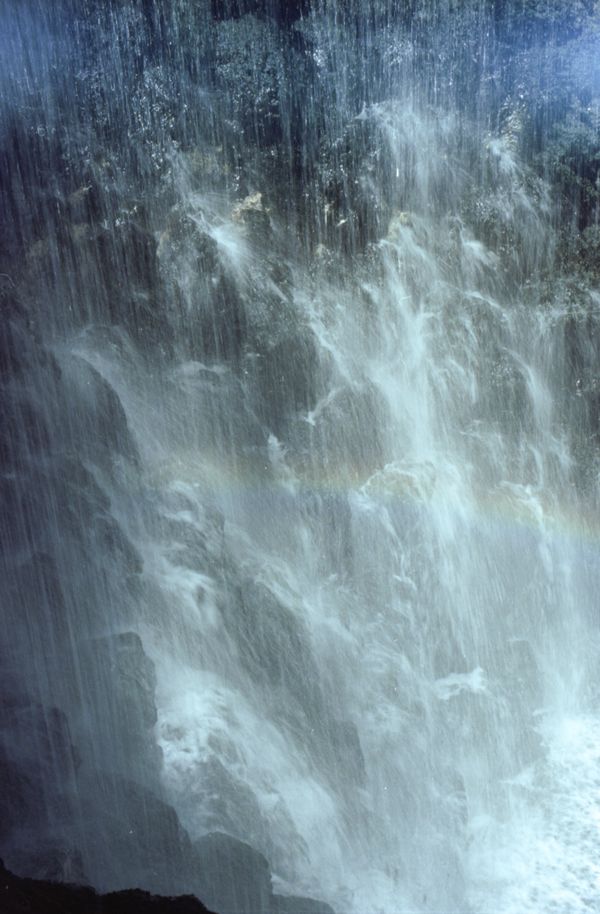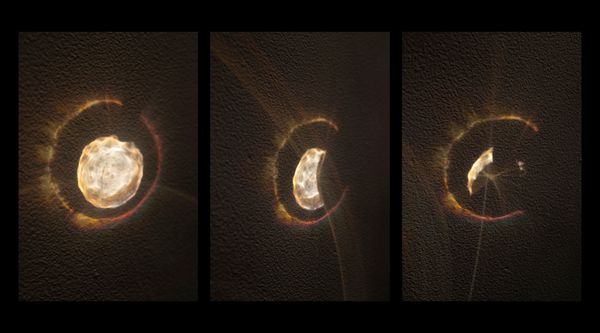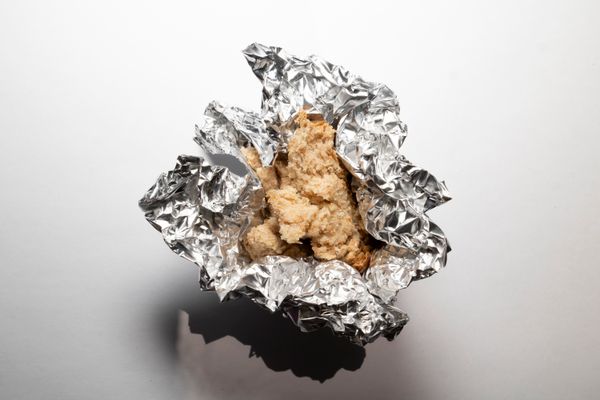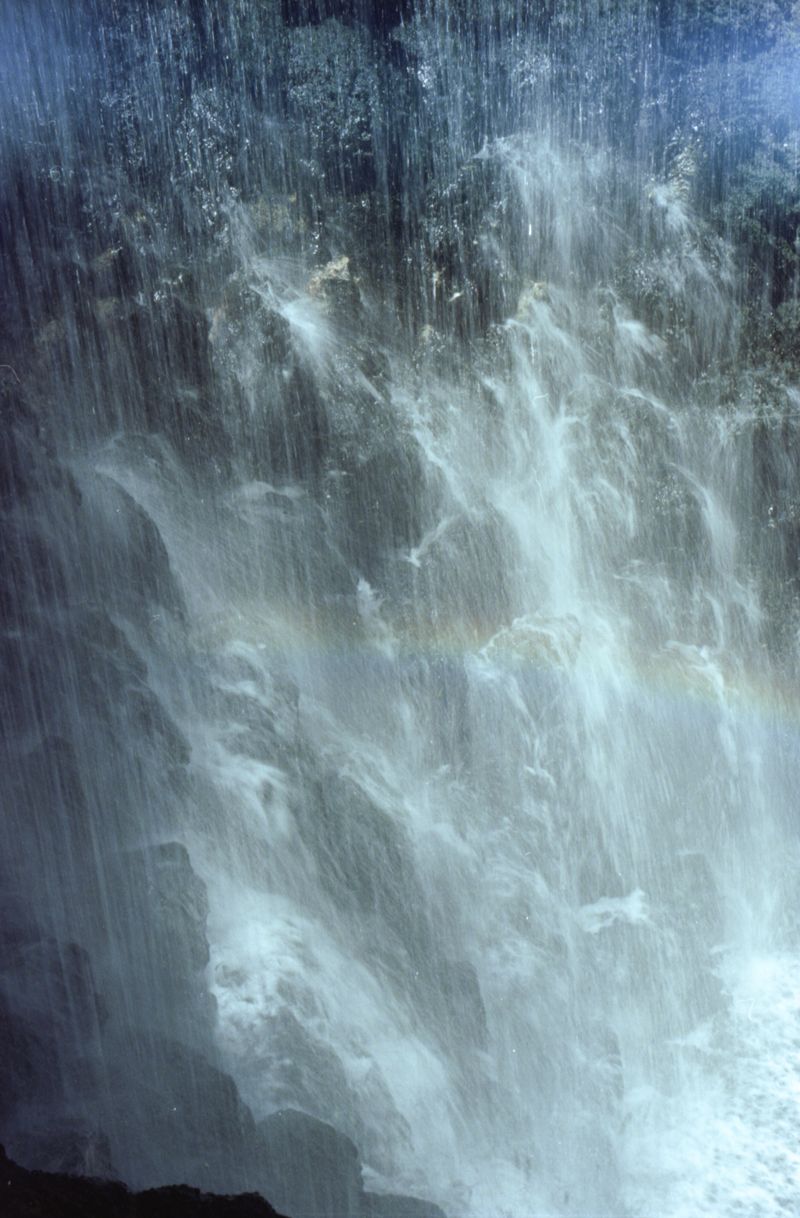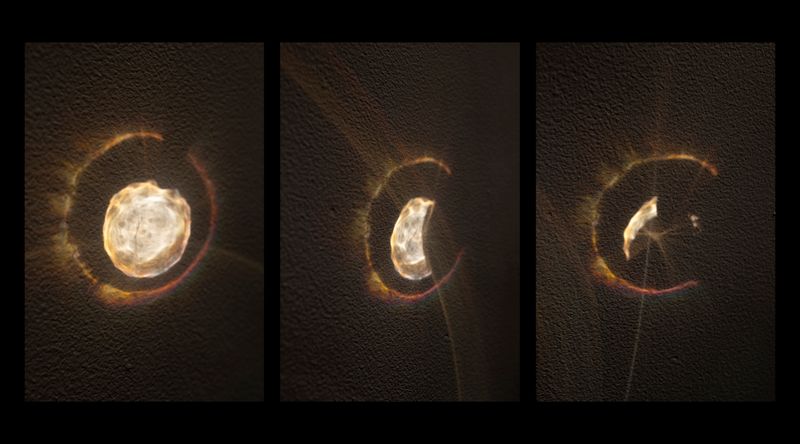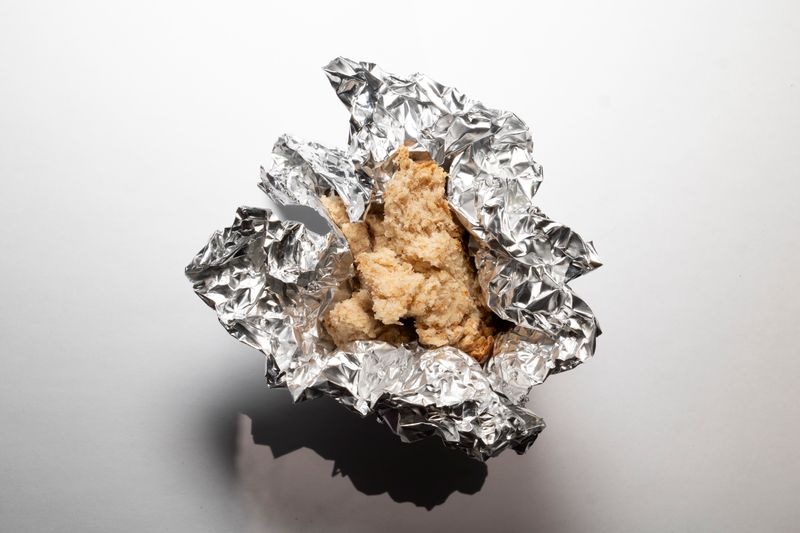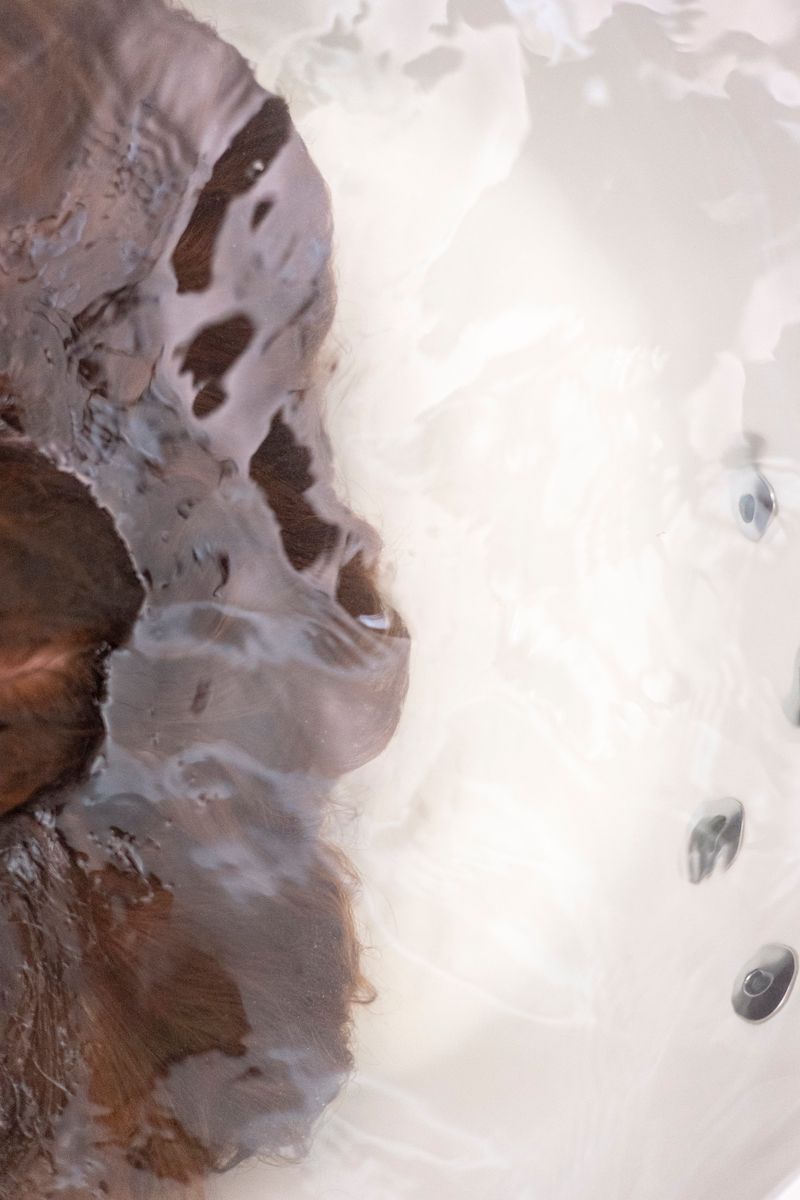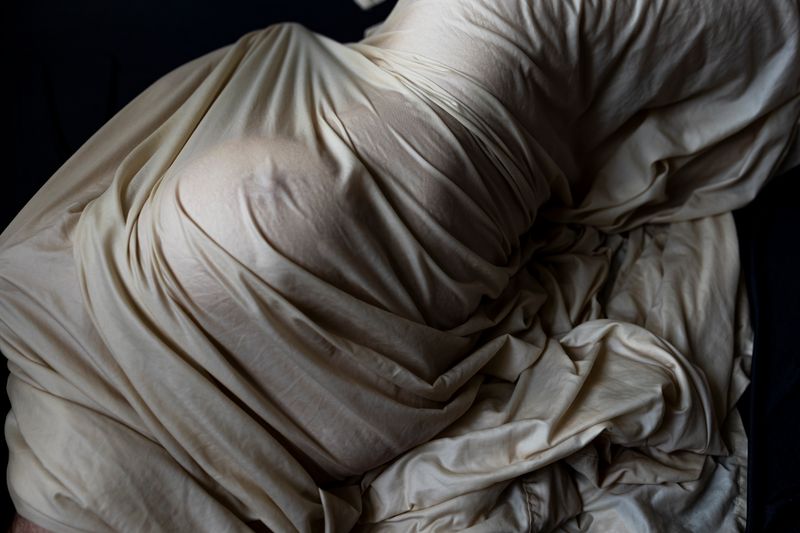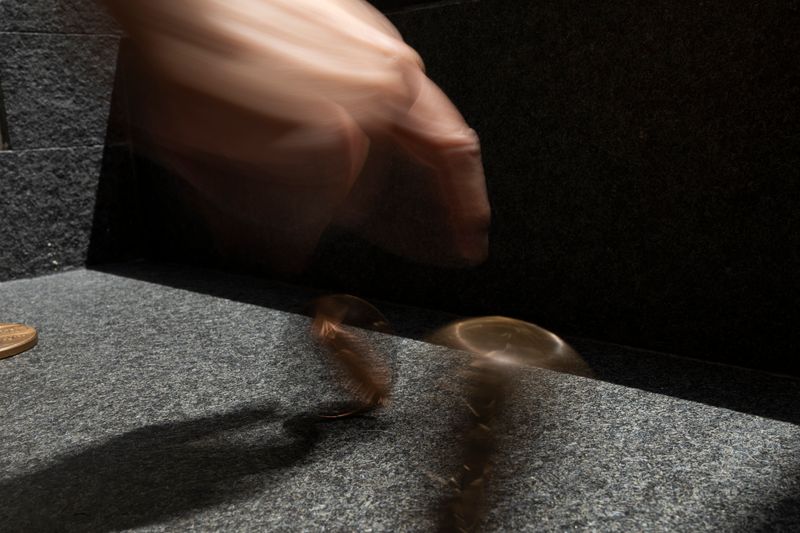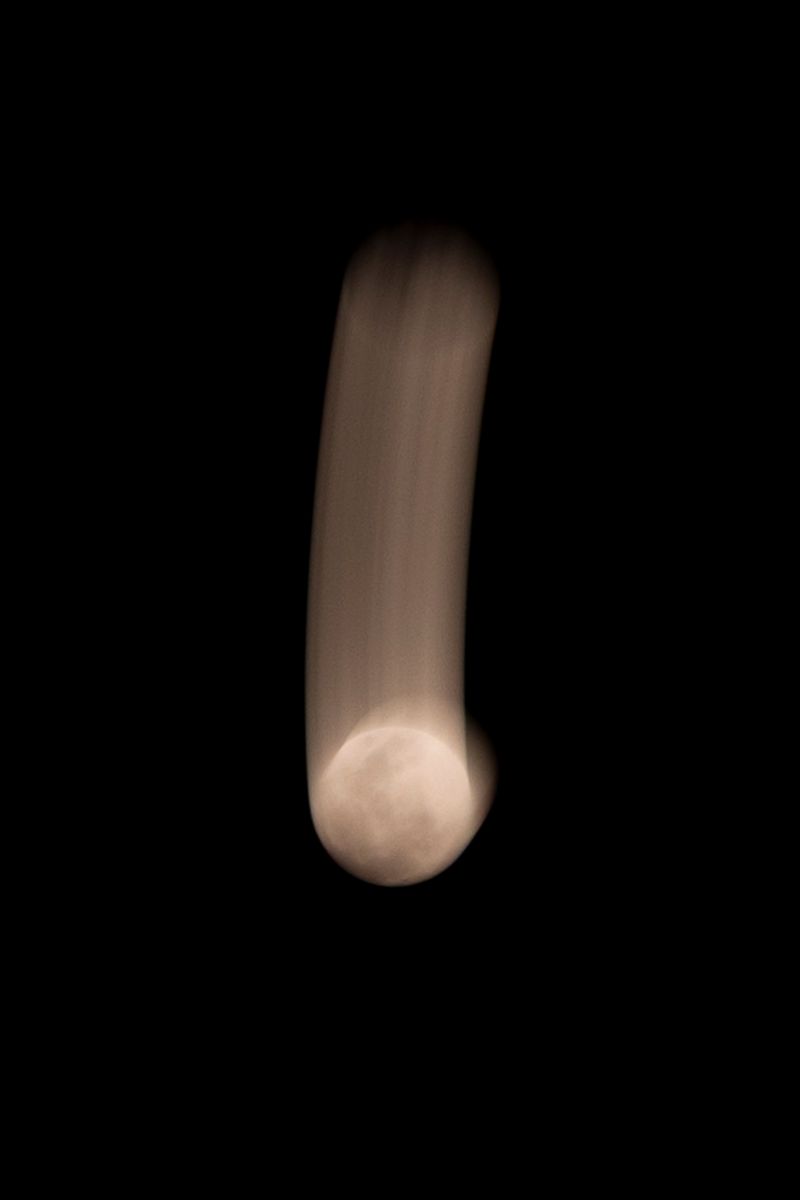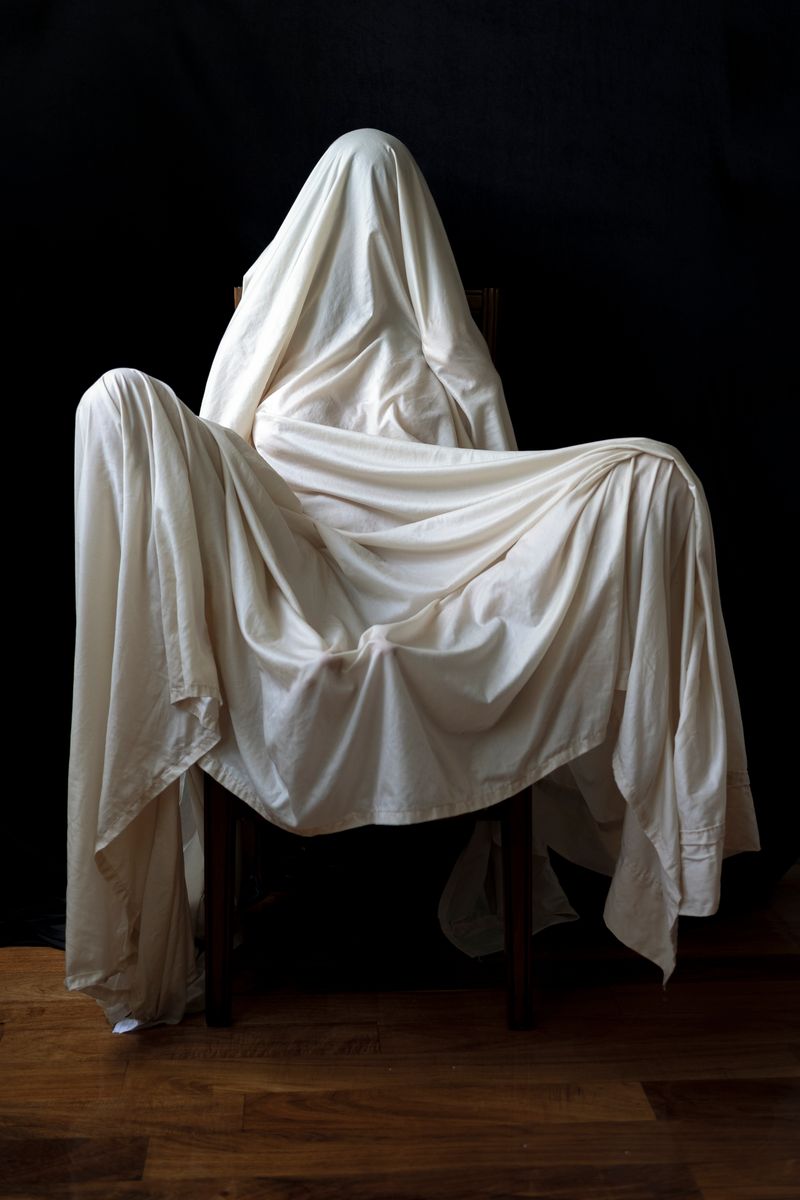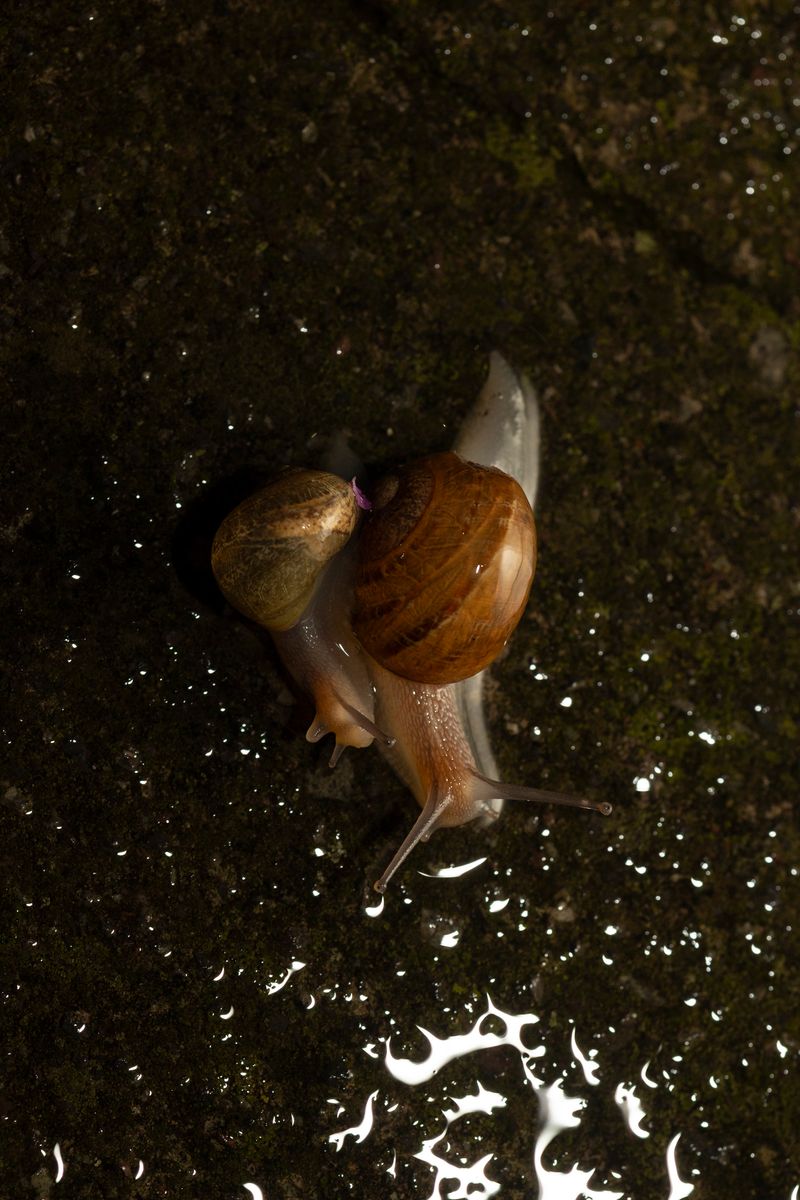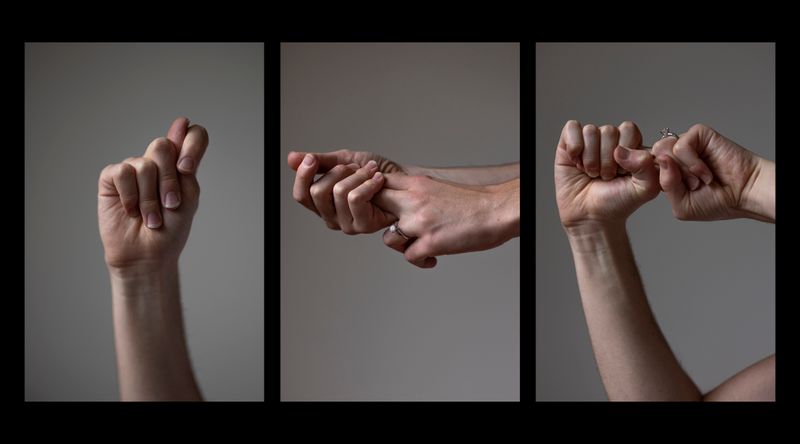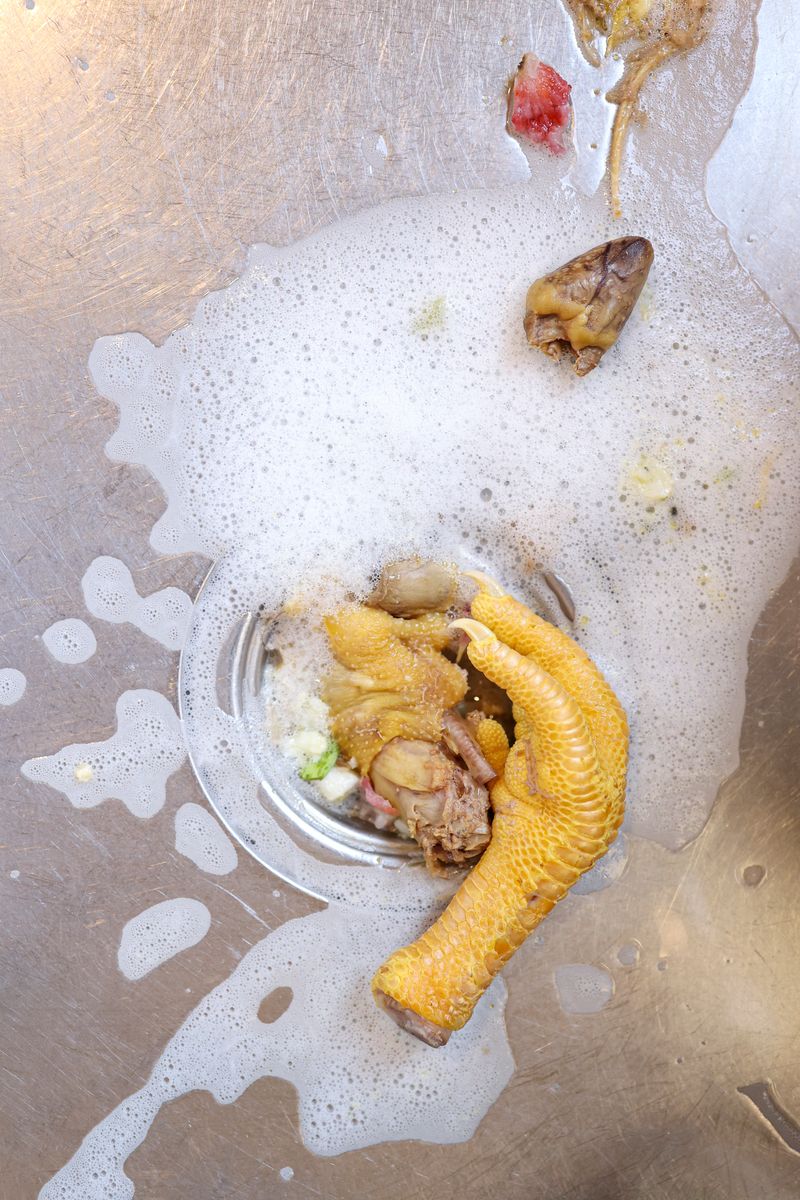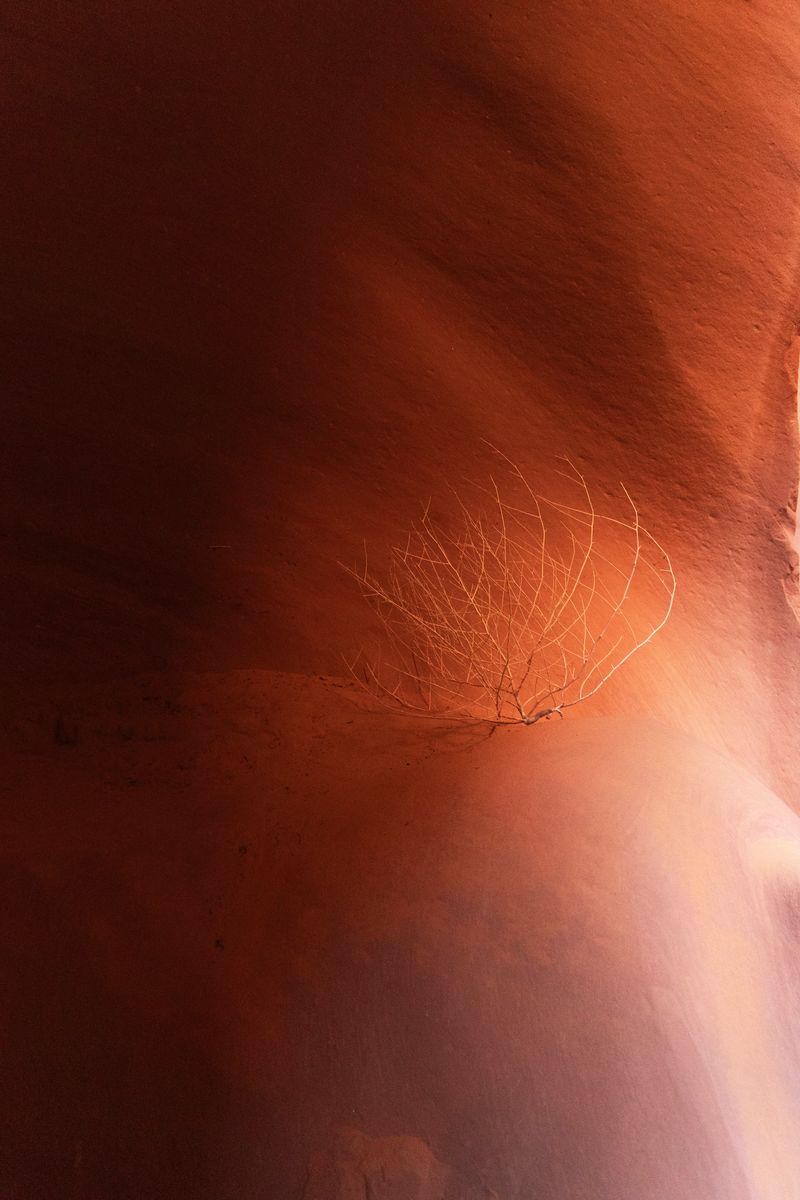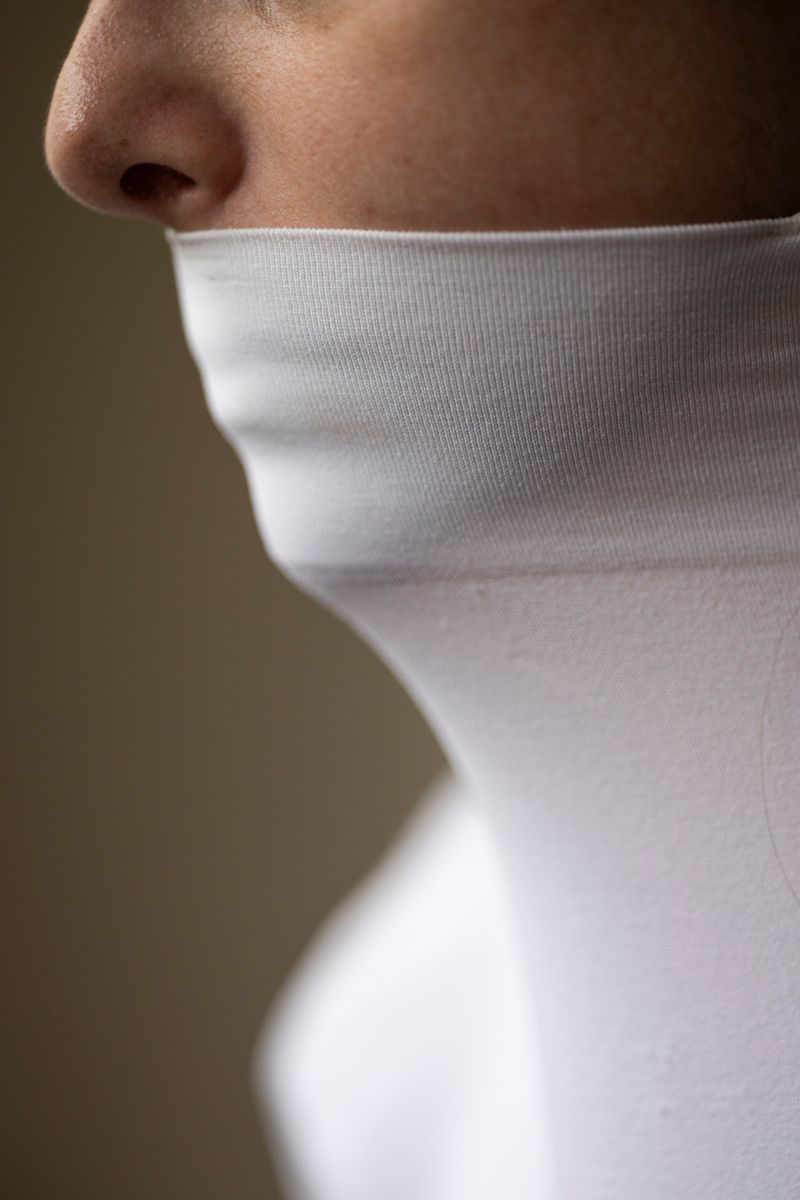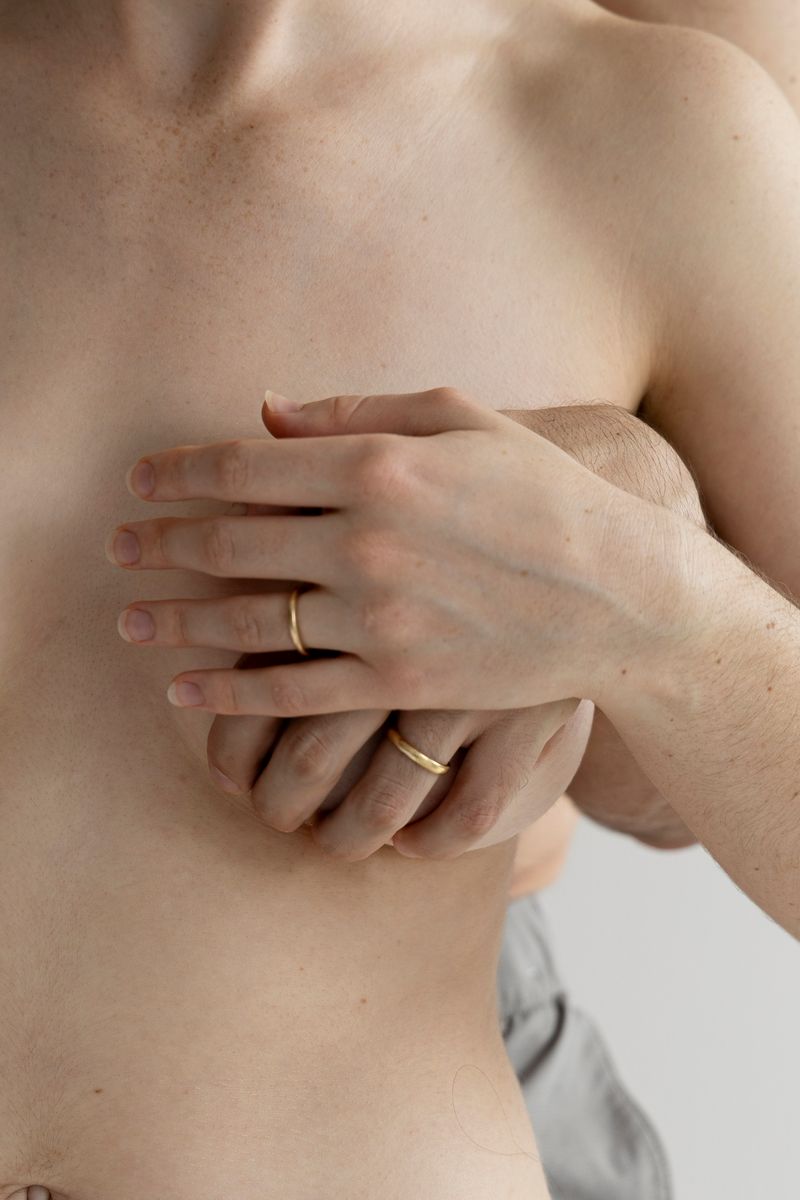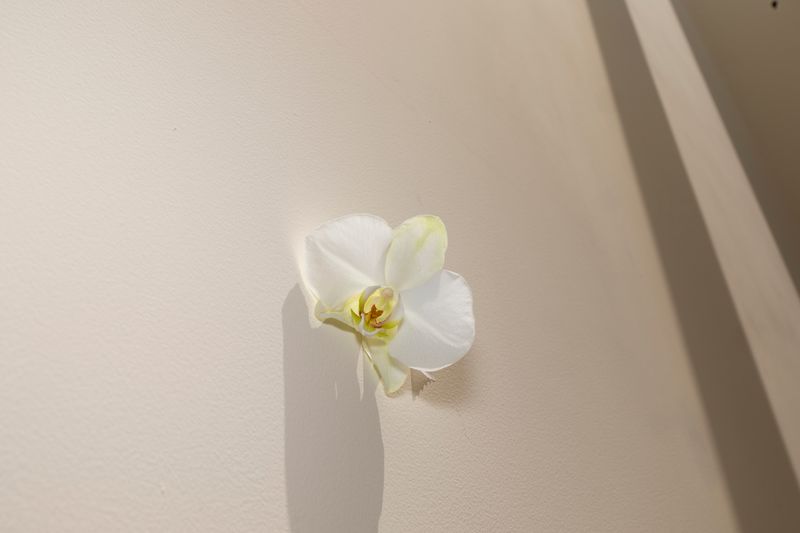The waterfall fills the river
-
Dates2023 - 2025
-
Author
- Locations United States, Mexico, United Kingdom
The Waterfall Fills the River is a poetic project exploring womanhood within Jewish ritual and intergenerational memory. Guided by a central poem and based on personal experience, it reflects on personal transformation.
(Please make sure to review the dummy PDF as a double-page document)
The Waterfall Fills the River is a multidisciplinary photographic and poetic project that explores intergenerational memory, womanhood, and Jewish ritual through poetic narrative and personal history. Rooted in themes of identity, femininity, family, and spiritual inheritance, the work meditates on the passage of time, the layered experiences of women in my lineage, and the sacred rituals that have shaped our lives.
Through a lyrical voice and evocative imagery, the poem navigates birth, marriage, faith, and transformation—interweaving ancestral wisdom, domestic tradition, and religious symbolism. The mikveh, the kitchen, and the wedding veil become intimate sites of ritual and questioning, where the personal and collective merge. Guided by the voices of mothers, grandmothers, and my own, the narrative traces the journey as I contemplate what it means to inherit, become, and evolve.
The project draws from Jewish customs such as Tevilah (ritual bathing) and the separation of challah, invoking them as acts of spiritual purification and gendered expectation. These rituals—often silent, embodied, and passed down matrilineally—become metaphors for cycles of renewal, resistance, and remembrance.
At its core, The Waterfall Fills the River is an act of witnessing and reimagining. It asks: What does being a woman in the Jewish tradition mean? What freedoms or burdens does it carry? And how does one reconcile the longing for rootedness with the need to transform? As I reflect on love, loss, faith, and rebirth, this project becomes a living archive—a poetic portrait of womanhood in flux, flowing like water through generations.
It is a project dedicated to my mother.
Here is the poem that guides the photograph's flow:
The waterfall fills the river
There was light,
and there was heaven.
There was earth,
and there was nature.
There was water,
and fire,
body,
and a story.
-
Time…
Time was there also.
How could it not?
Thus, it is the master:
past, present, and future.
-
Don’t you worry.
Do not rush.
Soon, dawn will come,
and the sun will shine.
The moon, be dismissed
from the high, dark sky.
Only light will be,
and then…
-
But,
mother, whom will I be calling?
Will I be you for someone new?
-
Slow,
you will find time.
Keep on roaming,
But stay rooted
to this sole ground.
Below, there is a place
where family trees collide.
-
This bath will free you,
rebirth you,
they prophesied.
The water slid, oily.
The pool deepened, bottomless.
Lucky me,
they taught me
how to swim.
-
Hold your hand like this,
Great-grandma used to say,
tucking her thumb between
the index and middle fingers.
This will guard you
from evil eyes and hearts,
she promised.
-
You’re so pretty,
so fine.
Please trade with me
your eyes,
I’ll give you the lines on mine.
-
Great-grandma got married at seventeen.
I, twenty-five.
At twenty-four,
my love gifted me a diamond ring.
Yes, I do,
I say, I will.
Marry you.
Be a good wife.
Be a good woman,
and not be alone.
-
Someone once said,
or were there a few?
There are six hundred thirteen
mitzvot to live by.
Three only for women.
The rest for men.
And some others, in between
to be shared.
Every Rosh Hashanah,
Happy New Year,
we share a pomegranate:
for its 613 multipiece.
-
Now, I am going away
to live in a house.
Will it be small?
Will it be big?
Mom? She cannot know,
she already
has her own.
Mine will be
a playhouse home.
I know well,
adults, too,
need time to play.
-
Recipe for chicken broth:
Don’t wash,
just boil,
then drain
and feed.
Leftovers freeze well,
never in glass,
it will crack
and you’ll cry.
-
This is the portrait I took
of my Grandma
when her husband died.
She survived.
The flowers were
an engagement gift for me.
They didn’t die
at least not for a week
or maybe two.
-
Back in the desert,
where it all commenced,
and the tale began;
Moses found a bush on fire.
Dashing flames invaded the cave
but the bush…
It just wouldn’t burn.
He said something was being revealed
and since then,
our walls have
been marked.
At first, it was blood.
Was it faith?
Was it freedom?
Was it both?
Is it still somthing true?
Or perhaps today,
a modern curse.
-
Silence, quiet.
Here she comes…
There she is,
Right there,
they pointed a finger.
You see her?
the one wearing white.
Is she me?
Am I her?
Listen, it’s the seventh:
restful day,
The one that lingers and
often passes by.
She is the bride.
I am also a bride.
But only for now.
-
From dust to dust.
Genesis.
-
Is she free?
I wonder.
Maybe when bathing,
she extends into the ocean,
evaporating towards the sky.
Holding her children,
who are only passing by her.
Are we they?
Or is she me?
Is it him?
-
The forbidden part of the fruit
was never an apple,
but what was kept inside.
Of us.
Of me.
Filling the river
with rain.
